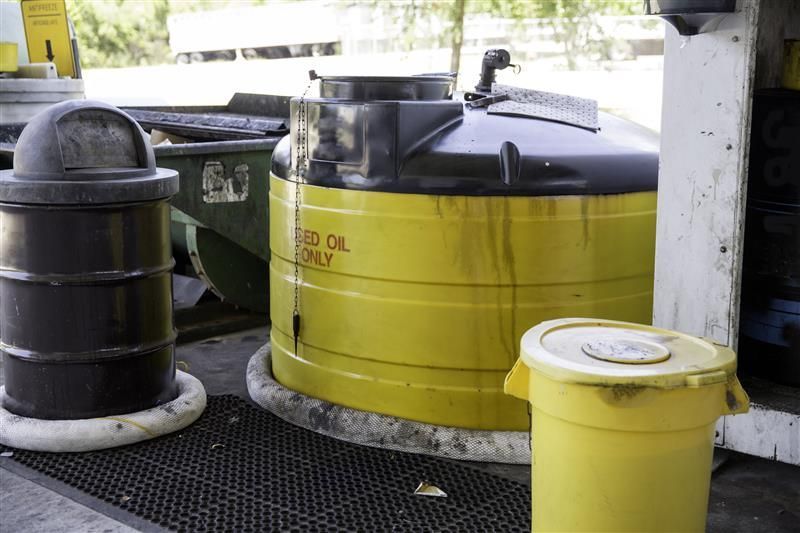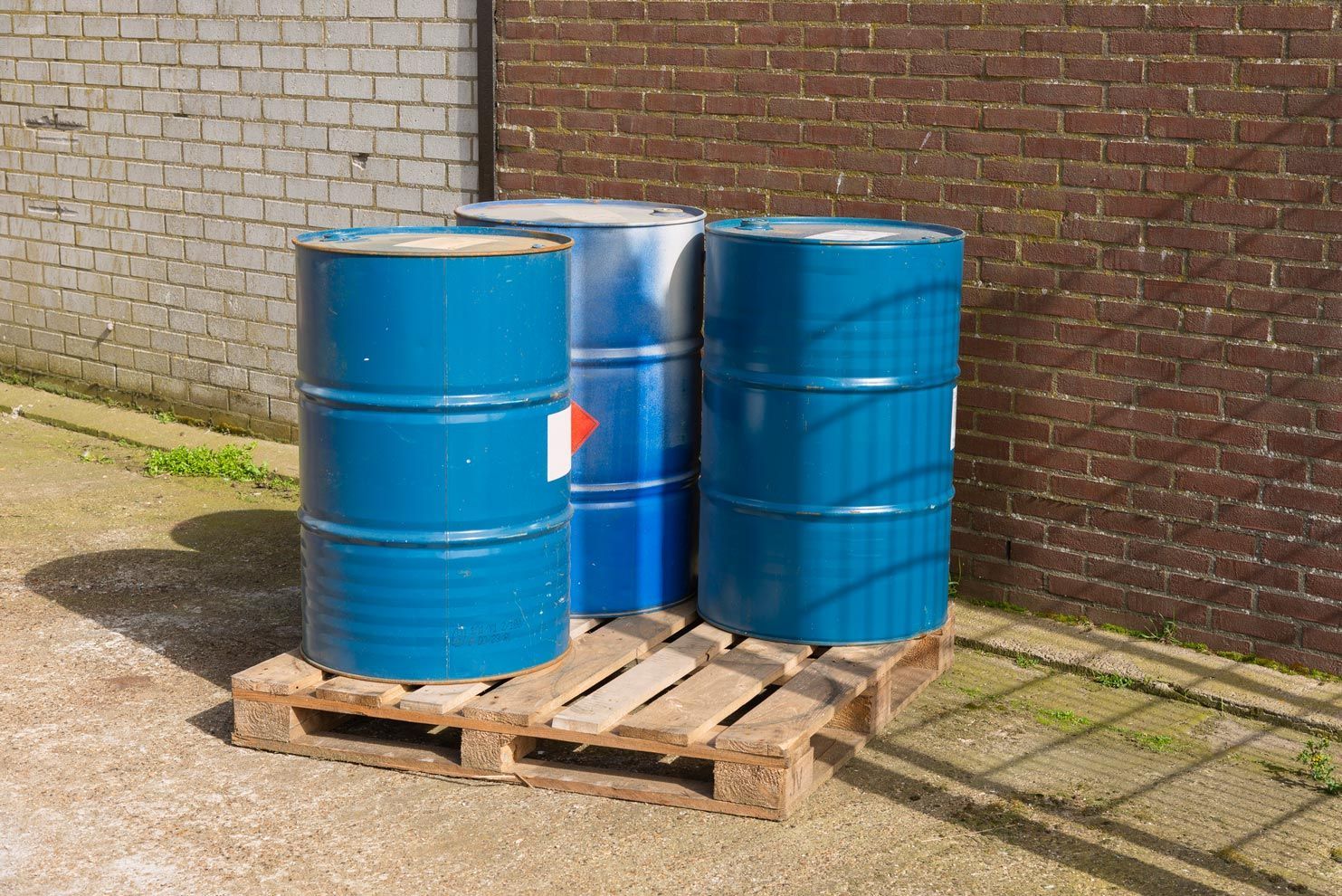What Are the Benefits of Recycling Oil Filters?

What Are the Benefits of Recycling Oil Filters?
Recycling oil filters is just as important as recycling used oil. Unfortunately, many people often prioritize recycling used oil and opt to dispose of oil filters as waste. However, disposing of oil filters may have severe economic, environmental, and safety repercussions. Disposing of oil filters is a huge concern when dealing with commercial and industrial enterprises that require frequent oil and filter changes.
Understand some essential benefits of recycling used oil filters.
Committing to Environmental Conservation
Used oil filters pose huge environmental hazards when disposed of as waste. First, they contain used oil that can contaminate water bodies and compromise the marine ecosystem. The United States Environmental Protection Agency (EPA) estimates that mishandling used oil can contaminate up to one million gallons of water.
Such contamination may have repercussions for both plants and animals. Moreover, used oil contains toxic chemicals like polycyclic aromatic hydrocarbons and metals like lead, zinc, and copper, which can be harmful when people or animals ingest them.
Disposing of used oil filters also poses unnecessary pressure on landfills. Large industries require frequent oil filter changes and thus generate a lot of waste. Thus, the replaced oil filters should be recycled instead of placing them in dumpsters.
Remember, used oil and oil filters degrade slowly and thus will remain in landfills for a long time. Such outcomes may be avoidable by replacing used oil filters and storing them for collection by oil recycling companies.
Committing to Workplace Safety
Incorrectly handled oil filters pose severe safety concerns in the workplace. The most imminent safety concern entails slips and falls. Workers should refrain from leaving used oil filters on the floor because unsuspecting passersby may slip and fall, sustaining bone fractures or concussions.
Moreover, replaced oil filters should go into a designated container with proper storage to avoid oil spills. Remember, oil is insolvent in water; thus, flushing the oil spills with water may not eliminate the hazard. Thus, workers are better off storing the used oil filters appropriately until they go out for recycling.
Used oil filters may also pose health risks with incorrect handling. Used oils contain inorganic arsenic compounds that the World Health Organization classifies as carcinogenic. Oil filters lying around at the workplace predispose employees and visitors to touch them. They may later ingest the chemicals unknowingly. Whereas one-time visitors may not face severe health risks, the situation may be different for employees exposed over long periods such as several years.
Mitigate the identified health and safety hazards by recycling oil filters. Industries planning large-scale oil filter changes may schedule collection dates with their service companies ahead of time. Contacting the service company before beginning maintenance ensures that the used oil filters are collected within a short period, which reduces the chances of prolonged exposure and spills.
Adopting Cost-Saving Strategies
Recycling used oil filters has numerous cost-saving benefits. First, draining and recycling the oil in the filters is more cost-efficient than refining crude oil. EPA confirmed that producing a gallon of oil from recycled base stock is less expensive than from virgin crude oil. The disparity in production costs is because the oil's composition is often not compromised during use except for dirt and debris.
Used oil filters also contain scrap metal that can be useful in producing steel to meet industrial demand. Like used oil, recycling scrap metal into reusable steel is less expensive than producing it from iron ores. Thus, industries can recycle their oil filters and purchase steel at lower prices, reducing production costs.
Outsourcing Recycling Services
Businesses should identify companies in their area that offer reliable oil filter recycling services. Clients considering oil filter recycling may contact Denver Oil for reliable services. We include collection services as part of the package for our clients' convenience. Call today.










